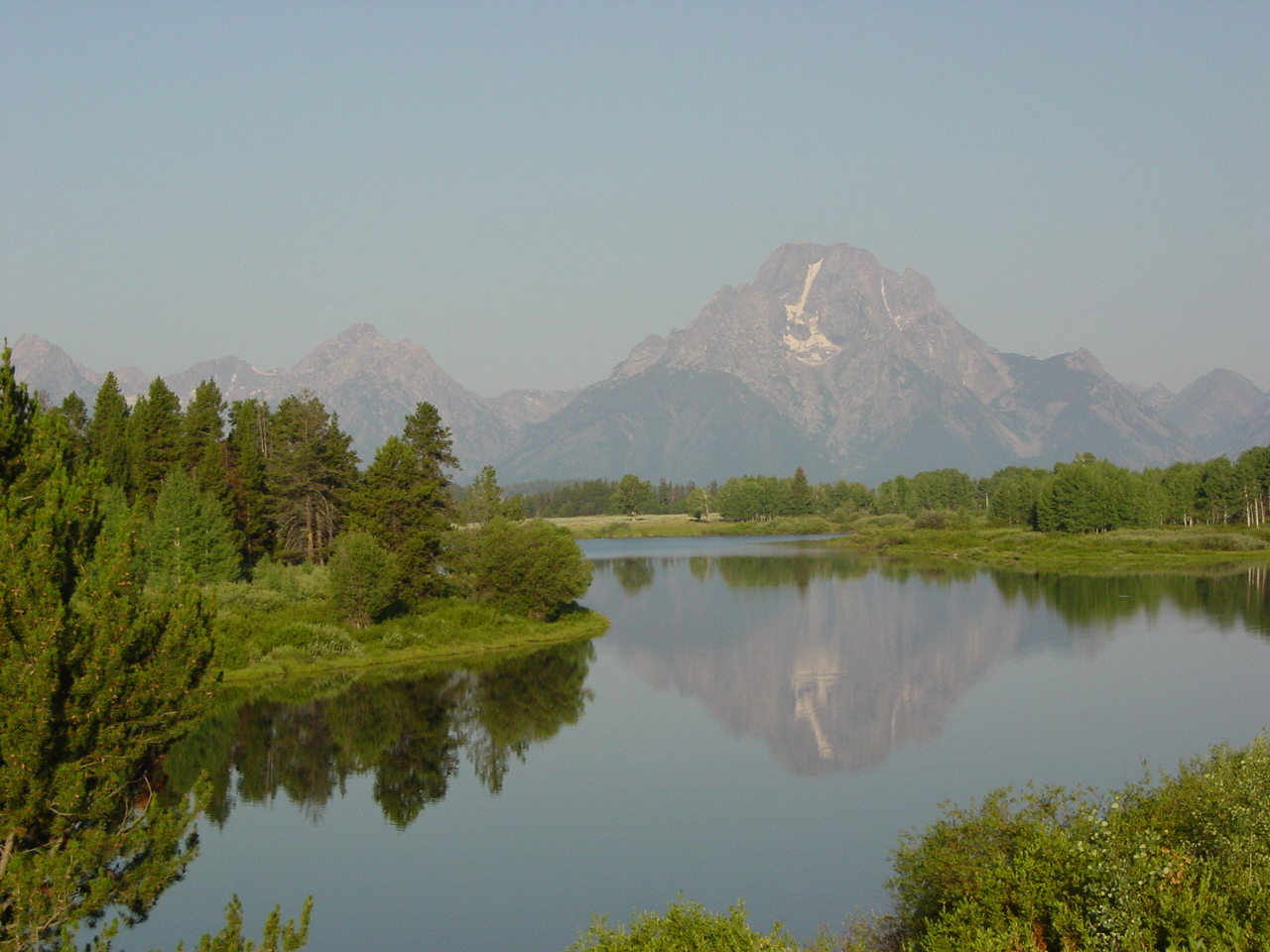Sometimes, you just have to take the initiative and buy pizzas for the Egyptian army:
A Memoir of Alexandria (March 2001)
By Phil Roberts
Sometimes, you just have to take the initiative and buy pizzas for the Egyptian army. It happened when an army captain saw me loitering in the gift shop of the Alexandria Roman amphitheatre. “American?” I smiled and nodded. (It was the spring of 2001. Those were the days before Trump when everyone in the world except brutal dictators liked us), He asked the none-of-your-business question, “Where is your tour group?” “I’m not here with a tour group.” I replied, and started to walk away. “Step over here, sir.”
He blew his whistle and soldiers ran up from everywhere, their ancient M-1s at the ready. Peggy and Steve heard the commotion from down next to Pompey’s pillar, but figured it was just someone trying to sneak in without a ticket or trying to shoplift a plaster bust of Alexander the Great. They finally got to the surface. Despite knowing I was innocent of such charges, neither seemed particularly surprised that I was the one in army custody. “So what did you do this time?” brother Steve asked.
Fortunately, the army captain was there to explain. He asked why we were Americans traveling without a guide. Peggy replied she was a resident—a college professor in Cairo. He was impressed, but asked what we knew of our driver. I told him I’d hired him (with his car) for the day.
Our driver, who knew little English, looked panicked until I added that I “knew him to be trustworthy because he hung out at the Hotel Cecil” where we were staying and added that Winston Churchill had stayed there. How could you not trust a driver parked outside of a hotel where Churchill had slept (and probably Field Marshal Montgomery, too}? My brother Steve swore he stayed in the same room as Churchill because there were cigar burns still in the carpet.
The captain told us, “OK. We’ll escort you around town for the rest of the day—for your protection against terrorists. Just tell us where the next stop will be.” I arbitrarily said the Greco-Roman museum. In the next ten minutes, an army escort of two vehicles—one a pickup with a PFC driver and a young lieutenant in the front seats and the captain in the command seat in the back. The other was a duce-and-a-half with the cover off the back and loaded with eight uniformed, fully armed troops. The driver (a corporal) and a Staff Sergeant were in the front seat.
On departure from Pompey’s Pillar, the two vehicles lined up behind the cab and turned on flashing blue and red lights. Two soldiers jumped out and blocked traffic while two others stood at attention facing out from each side of our cab,
From the first blast from the siren, it was clear that it distracted our cab driver, to say nothing of attracting attention from everyone within 200-yards. I convinced the captain to keep the siren turned off—at least until we were parked in front of the next museum. Steve said if they wanted to attract any more attention that there were Americans in the cab, they would have flown a huge American flag from the car aerial and had a Kate Smith look-alike straddling the hood and singing “God Bless America.”
We made two more stops and the ceremonies became even more elaborate to the point that we decided it was time to go back to the Cecil, pick up our bags, check out and go to the train station. The driver was relieved until all of us realized that the protection squad would continue following us, all the way to the station. After checking out of the hotel, we were surprised that the two vehicles were still out in front, their strobe lights still flashing. Consequently, we decided on a way to shake them off: let’s stop for pizza on the way. For sure, the army would pull out by then. No such luck. We stopped at the Pizza Hut just up the corniche from the Great Library. After we finished our pizza, I gave in and ordered a dozen pizzas for the troops. They were hungry after a long day of “protecting” us from terrorism.
As we stood in line while they passed by us, shaking our hands, we gave a generous tip to the driver, still shaking from his stressful assignment, we boarded the station platform only to face a huge crowd of men, side-by-side and row after row, all saying their evening prayers.
When we got into the train car, the young lieutenant aide to the caption came running toward us. “Pepsi…Pepsi,” he was shouting. I remembered we hadn’t brought them drinks to go with the pizzas. A 50-pound Egyptian note settled the problem.
The train lurched out of the station and off we rode to Cairo, only occasionally looking back at the plainclothes officer in the row two seats behind us with the tell-tale bump of a .45 pistol stuck in his holster under his coat. I felt like tipping him when we got to Cairo, but I’m not up to speed on how much one should give to an undercover officer shadowing you home. There is a lot to learn in these unfamiliar cultures. But the memories are timeless.
